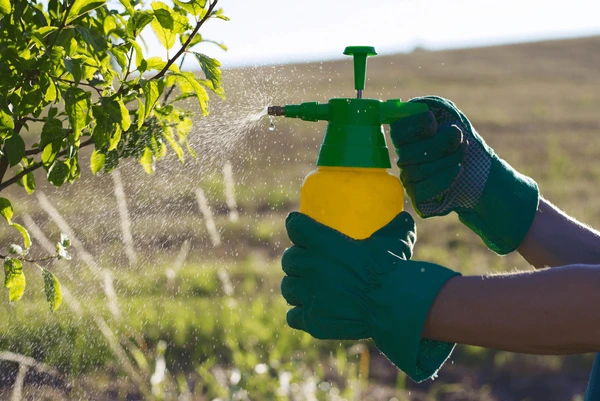Why India must capitalise on Innovative Biological Crop Protection Tech
As part of India’s agricultural innovation effort, biological crop protection has become a model for environmentally responsible farming. Technological developments, regulatory frameworks, and changing consumer tastes are shaping India’s biological crop protection business. People’s aversion to chemical pesticides has boosted the expansion of India’s biological crop protection industry. Farmers are increasingly turning to biological solutions as practical alternatives, driven by a focus on sustainability. Let’s dig deeper to unearth the market’s growth potential and the projections for the future.
Experts at US-based research-based management consulting firm TechSciResearch predict that the country’s biological crop protection market will expand from its current valuation of $80.48 million at a CAGR of 6.38 per cent.
To shed further light on the matter, Dr Chandan Kumar, Associate Professor, Livestock Production Management, Head Pasture and Forage Research Division, Pandit Deen Dayal Upadhyaya Pashu Chikitsa Vigyan Vishwavidyalaya Evam Go Anusandhan Sansthan (DUVASU) Mathura, said, “Biological crop protection tools such as biopesticides provide an environmentally friendly alternative to synthetic pesticides”. Biopesticides are great because they are non-toxic, effective against certain pests, biodegradable, and require very little application. In addition to killing off undesirable pests, chemical pesticides kill off beneficial species that plants need, like bacteria that fix nitrogen and algae that aid plants in drawing nutrients from the air, water, and soil. Farmers benefit from higher productivity, while the environment suffers as a result of their pollution. Nevertheless, biopesticides are safe, effective, and biodegradable.
Technological advancements
Innovative biological solutions adapted to India’s varied agro-climatic circumstances have been accelerated by developments in microbiology and biotechnology. The range of biological instruments accessible to farmers has greatly increased, including biocontrol agents, biofertilisers, and biopesticides. Improving crop yields with minimal environmental impact has been made possible through the optimisation of biological interventions through the integration of digital technology like remote sensing and precision agriculture.
“Biological crop protection methods are developed with the use of biotechnology. The development of pest-and disease-resistant genetically modified (GM) crops is a direct result of India’s investments in biotech research. These crops encourage the use of biological remedies by reducing the demand for chemical pesticides,” said Aman Sharma, Managing Director, Sai Bio Organics.
Farmers can now track their soil, crops, and other environmental factors with the help of technology. Precision agriculture is a data-driven strategy that aids in the early detection of pest and disease outbreaks, enabling the timely application of biological control measures. Satellites and drones, which use remote sensing technology, give farmers up-to-the-minute data on the state of their crops and the prevalence of pests. Because of this, they are able to control diseases and pests by taking preventative actions, such as using biological agents.
To read more click on : https://agrospectrumasia.com/e-magazine
As part of India's agricultural innovation effort,





